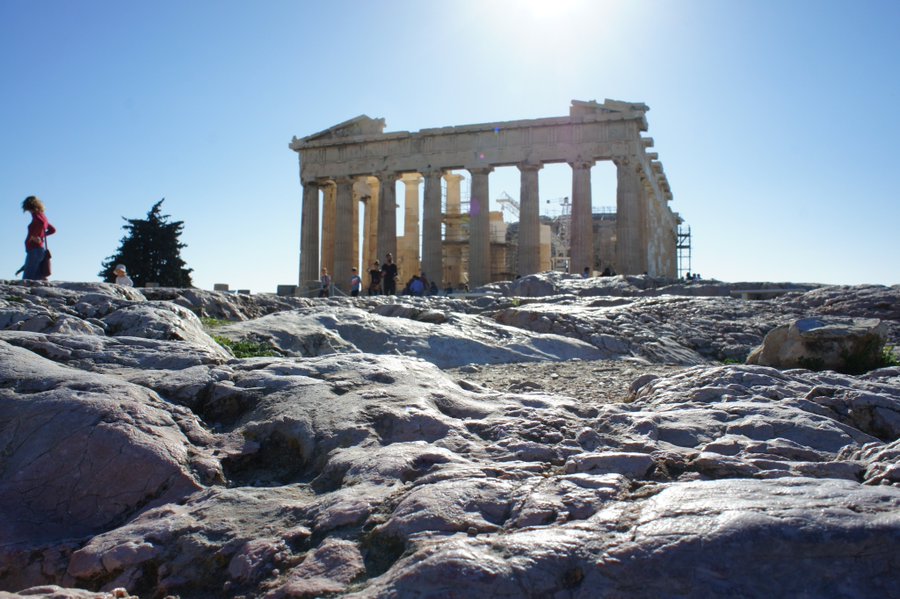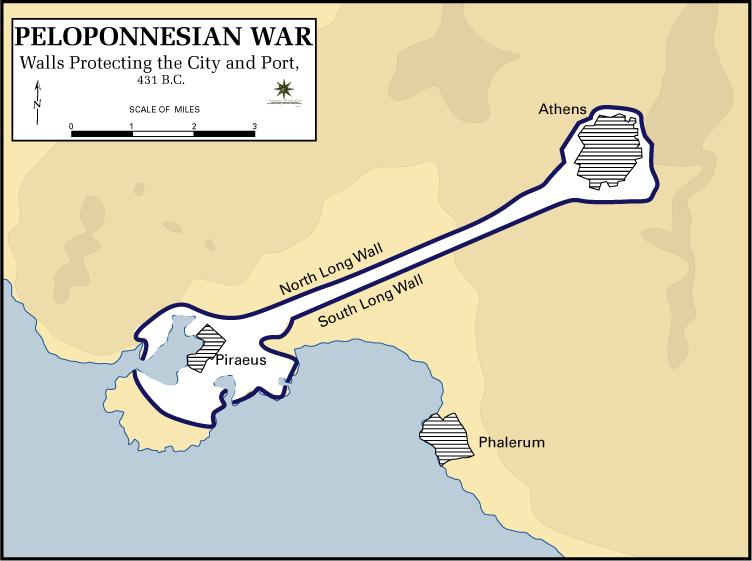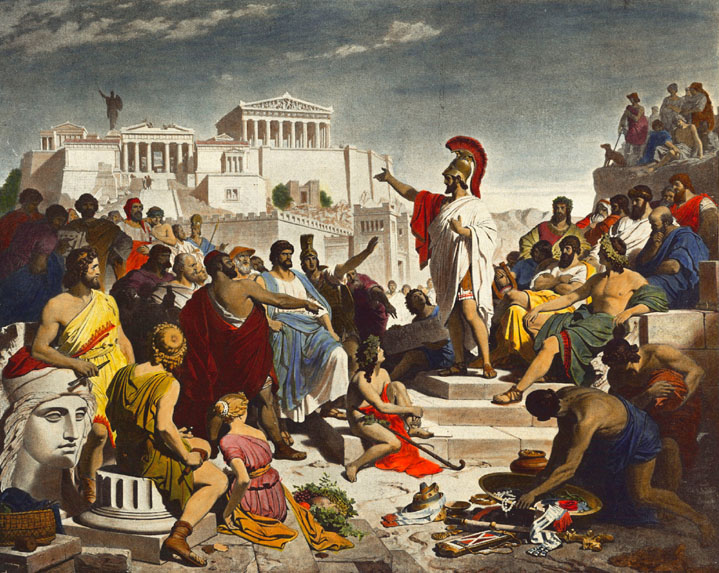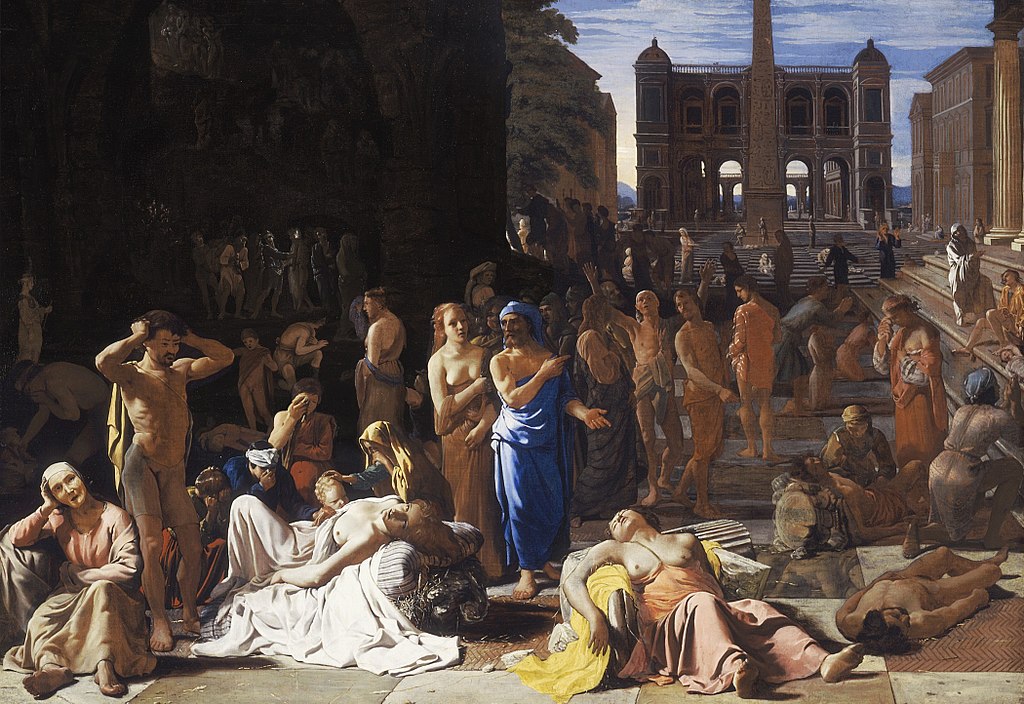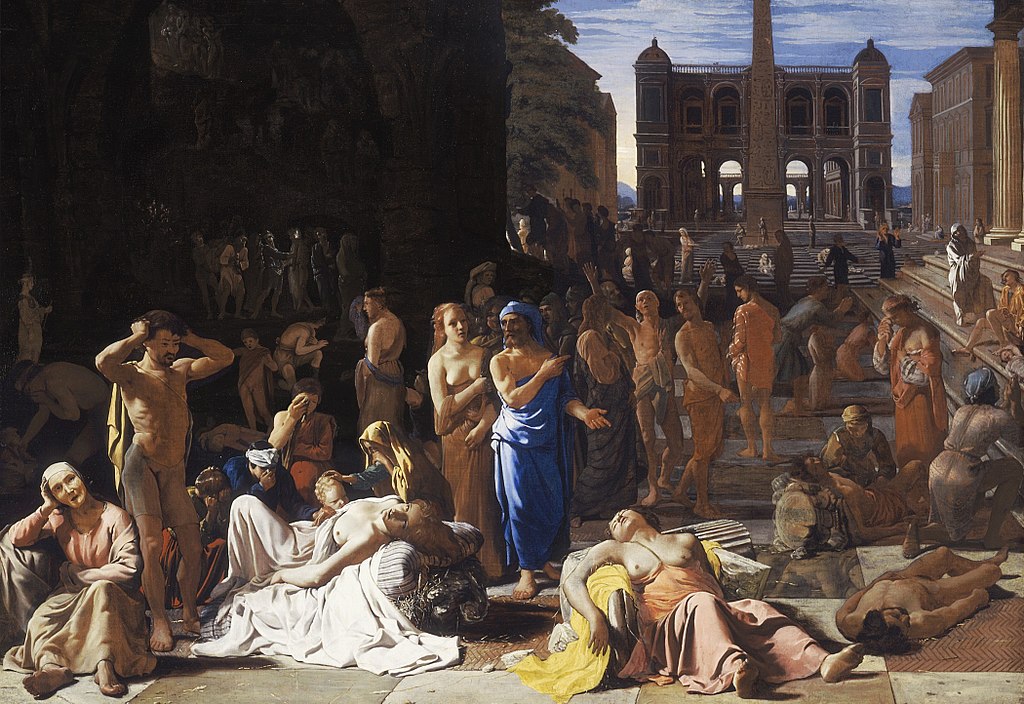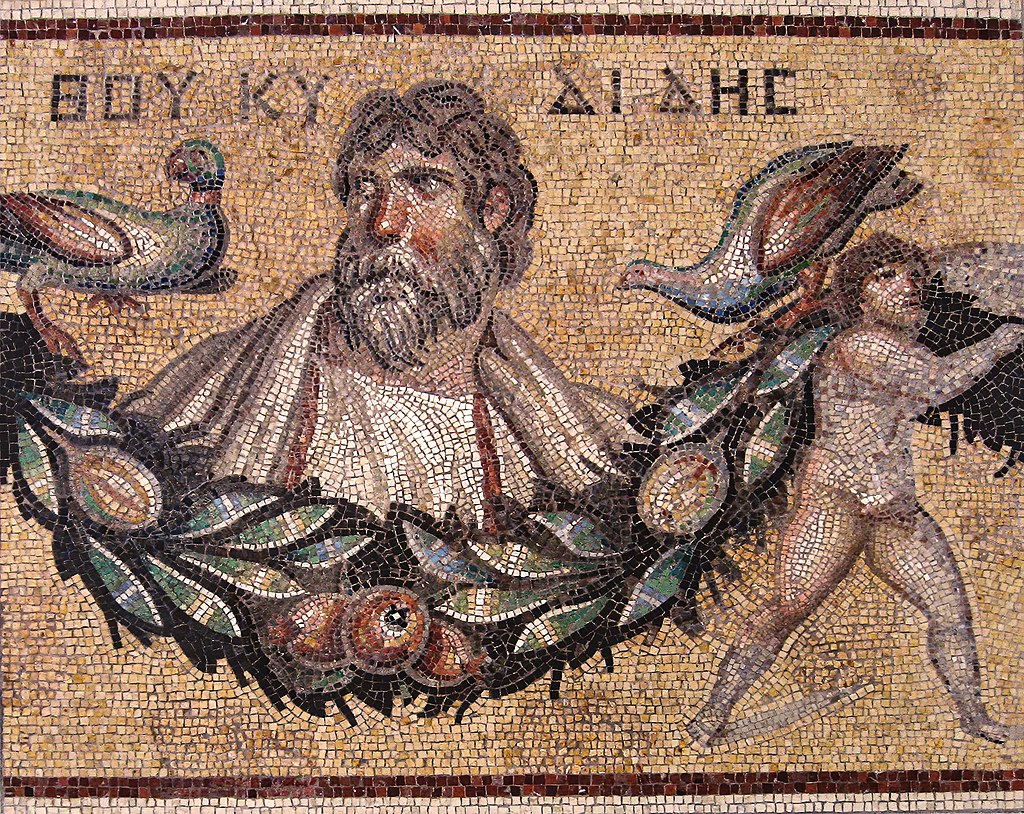We fortunately have Thucydides’ eyewitness account of what happened, supplemented by later authors
/2
Studies show (by @nachristakis) that well-connected individuals (politicians/celebrities) are more likely to contract contagious diseases
/4
And his decision to ignore the plague's severity led to his election defeat
/5
It relied on big beautiful walls and convenient, at-home delivery
/6
He figured, that with the wealth of Athens and a strong naval empire, they could just rely on imports to bring everything they needed in through Piraeus
/8
Thuc. 2.16: Most Athenians had “lived in the countryside in the traditional way and therefore did not find it at all easy to make the move… changing their way of life and leaving behind what each of them felt to be the equivalent of their native city”
/9
/10
Thucydides records that it had popped up earlier in Lemnos, an Athenian ally
While the Athenians were behind walls they were not socially distant from the allies they fought with and relied upon for trade
/12
Most Athenians, rich or poor, were living in the ancient equivalent of a refugee camp in a besieged city
As my first 1st thread showed, the Athenians knew close contact spread the disease
/13
/14
The world must act, because mortality will be much, much higher in such places
/15
The plague didn’t care, it continued to spread through Athens and in other dense cities (Thuc 2.54)
/17
/18
I mean, in hindsight, this seems pretty fair to me…
/19
Pericles recognized this and gave the last of his famous speeches
/20
Thuc. 2.60: “I mean to administer some reminders to you and take you to task for any misplaced resentment against me or any undue weakening in the face of difficulties”
/21
/22
/23
It sort of worked, as war continued. But the people “did not put aside their anger towards him until they had punished him with a fine”
/24
We only find out from Plutarch’s biography how he and his family died of plague:
/25
/26
/27
Instead, the plague ravaged them and, weakened, they still lost the war
/28
We must learn from history and not make the same mistakes. Stay home, stay safe!
/end
Tomorrow, I'll finally post the thread on the archaeology of the plague of Athens
If you're interested in more quick reads on ancient health, how about this thread on the Yasmina Dog, my favorite ancient dog:


